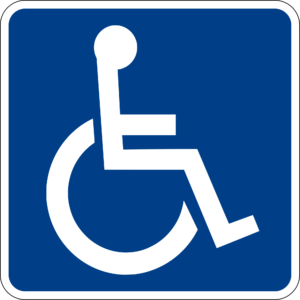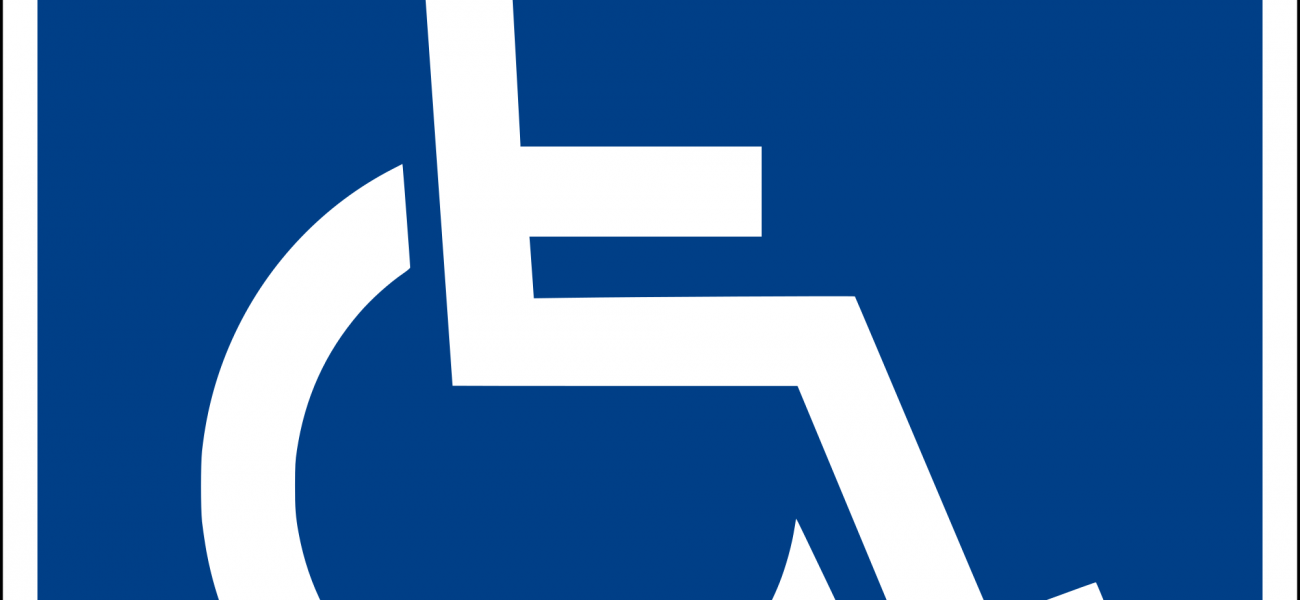 It is estimated that one billion or 15% of the world’s population experience some form of disability and that developing countries have a higher proportion of persons with disabilities[1]. In many countries including Nigeria, persons with disabilities are more likely to experience adverse socio-economic status due to their limited access to health facilities, education and employment. They are also likely to experience higher poverty rates.
It is estimated that one billion or 15% of the world’s population experience some form of disability and that developing countries have a higher proportion of persons with disabilities[1]. In many countries including Nigeria, persons with disabilities are more likely to experience adverse socio-economic status due to their limited access to health facilities, education and employment. They are also likely to experience higher poverty rates.
Although section 42 of the 1999 Constitution affirms the principle of equality and non-discrimination and despite Nigeria being a signatory to the United Nations Convention on the Rights of the Persons with Disabilities, inequality persists particularly among persons with disabilities. This is largely due to the absence of specific anti-discrimination laws, lack of social protection and poor understanding by the public on disability rights.
Recently, the Nigerian National Assembly tried to address this by passing a Bill seeking to ensure the “Full Integration of Persons with Disabilities into the Society”. The Bill seeks to establish a National Commission headquartered in Abuja[2] with the responsibility of providing for their education, health care and social and economic rights. The Bill aims to prevent the discrimination of persons on the ground of his or her disability and penalises offenders who contravene its provisions. Disability under the Bill is defined as “long term physical, mental, intellectual or sensory impairment, which in interaction with various barriers may hinder full and effective participation in society on equal basis with others”.
The Bill contains many notable provisions that will enable persons with disabilities enjoy their socio-economic and political rights and enable them access facilities on an equal footing with persons without disabilities. For instance, it mandates a right of access to the physical environment and buildings on an equal basis with others by providing that all public buildings and structures in Nigeria should be constructed with necessary accessibility aids such as lifts, ramps or other facilities that make them usable to persons with disability[3]. Clause 7 of the Bill specifically prohibits the government, government agency, body or individual responsible for the approval of a building plan from endorsing any plan for a government building that does not make provision for accessibility facilities in line with the building code.
Apart from buildings, the Bill also intends to provide for easier accessibility for persons with disabilities when using public transportation as it provides for every public vehicle, public parking lots, seaways, railway and airport to have facilities that take into account the special requirement needs of persons with disabilities. It also provides for suitable spaces to be marked and reserved for persons with disabilities at public parking lots. However, there is a 5-year transitory period from the commencement of the Bill within which the government must modify all public buildings to be accessible to and usable to persons with disabilities.
Other notable provisions in the Bill include the entitlement to free education to secondary school level[4] and providing for at least trained personnel to cater for the educational development of persons with disabilities in all primary, secondary and tertiary public schools [5] in the most appropriate language for the individual in an environment that maximises his or her academic and social development. The Bill also provides that the education of special education personnel shall be highly subsidised[6]. Furthermore, all persons with mental disability under the Bill are entitled to free and medical health care services[7]. However, in special circumstances, a person may be issued with a temporary certificate of disability where a doctor suspects disability in the course of treatment of a person who was initially not a person with disability. Nonetheless, where the person’s disability persists beyond 180 days, a permanent certificate of disability entitling the person to all the rights and privileges of the proposed Bill shall be issued to the person as long as the state of disability persists[8].
To meet the Bill’s objectives, a Governing Council composed of a part-time chairman and 24 other persons[9] will conduct the affairs of the National Commission for persons with disability for a renewable term of 4 years and no more[10]. Some of the functions of the Commission include formulating and implementing policies and guidelines for the education and social development of persons with disability, preparing schemes designed to promote their social welfare, to establish and promote inclusive schools and vocational and rehabilitation centres for persons with disabilities, monitor and evaluate the realisation of government policy objectives on persons with disabilities, collect data and records on the special education of persons with disability and facilitate the procurement of scholarship awards for persons with disabilities up to university level among others[11]. In addition to this, the governing council is also given the power to make any other regulations that will give full effect to the provisions of the Bill[12].
While the Bill is commendable and will go a long way in improving the rights of persons with disabilities, the economic implication of the Bill and the short transitory period of 5 years within which the government is expected to modify all public buildings and structures to be accessible to and usable by persons with disability could pose challenges to the Federal Government who is charged with implementing the law[13].
________________
[1] Disability Inclusion Overview- World Bank Group www.worldbank.org/en/topic/disability
[2] Clause 31(2) of the Bill
[3] Clause 4 of the Bill
[4] Clause 20(2) of the Bill
[5] Clause 21 of the Bill
[6]Clause 22 of the Bill
[7] Clause 25 of the Bill
[8] Clause 25(2) of the Bill
[9] Clause 32 of the Bill
[10] Clause 34 of the Bill
[11] Clause 38 of the Bill
[12] Clause 55 of the Bill
[13] Section 5(1)(b) of the 1999 Constitution (as amended)

